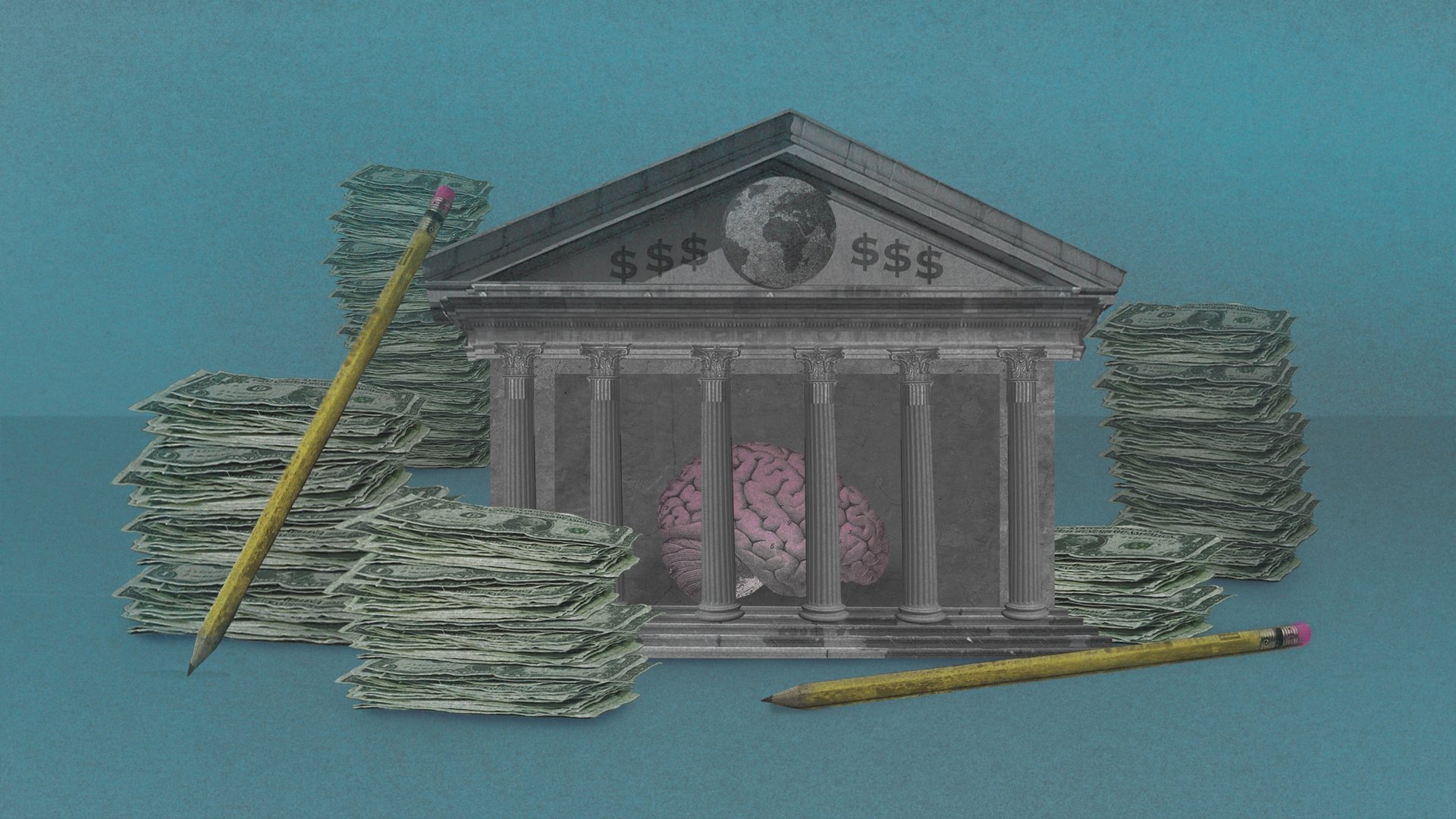There is a growing movement to drag economics into the 21st century
As 2018 draws to an end, so does the 10-year anniversary of the worst part of the financial crisis, an ordeal that plunged the economics field into its own crisis. As economists puzzled over the swift and brutal nature of the recession, many wondered why they hadn’t seen a crash coming, and why the recovery proved so mediocre.


As 2018 draws to an end, so does the 10-year anniversary of the worst part of the financial crisis, an ordeal that plunged the economics field into its own crisis. As economists puzzled over the swift and brutal nature of the recession, many wondered why they hadn’t seen a crash coming, and why the recovery proved so mediocre.
After years of soul-searching, the foundations of economics are now changing. Students educated in the shadow of the crisis are demanding new lessons, and a more diverse education that tackles the issues most people are grappling with today, such as economic anxiety, inequality, sustainability, and climate change. Already, teachers have created the CORE project, an international effort to give students a new style of economics education.
The field is also undergoing a public reckoning with its culture. As stories of gender discrimination and sexual harassment are shared more widely, there is a renewed fight for change. The opportunity is not only for more female economists, but also for more economists from ethnic minorities. Last year, the Federal Reserve made Raphael Bostic the first African-American president of a regional Fed in the central bank’s 100-year history, but he is one person in a shrinking pipeline of black economists in the US. The dismal cost of this lack of diversity is a field vulnerable to groupthink and lost opportunities in public policy and economic research.
Opening up to new ideas is also at the heart of efforts to revive macroeconomics. The field went through two major changes, after the Great Depression and after stagflation in the 1970s. Its third revolution has been overdue since the crisis. There are questions about how to fix the main models and efforts to make the profession more interdisciplinary, such as by incorporating agent-based models or learning more lessons from physics or psychology.
Economics is at the heart of public policy and all of these movements could fundamentally change how we see and understand the world, and determine what it is we want from our economy. In the process, economics could finally shake off its reputation as the dismal science.
This essay was first published in the weekend edition of the Quartz Daily Brief. Sign up for it here.